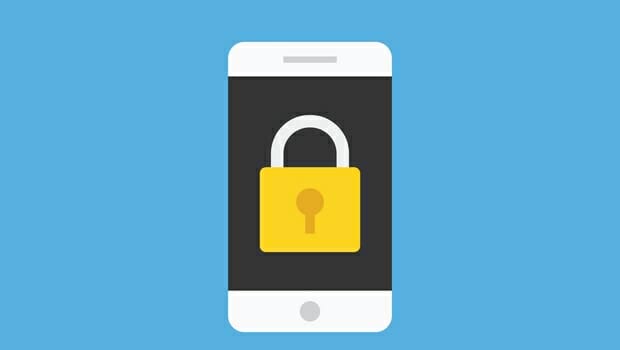 Smartphone theft is reaching epidemic proportions. A Consumer Reports survey found that 1.6 million Americans had their smartphones stolen in 2012 alone, and in big cities, the stats are even worse—in New York City, 40 percent of all thefts involved stolen smartphones, and in San Francisco, newer and popular smartphones were targeted in 50 percent of all thefts. Law enforcement and legislators are working on the problem, but in the meantime, one of the best things you can do to protect yourself is to change your password frequently. Here’s more, in case you’re not convinced:
Smartphone theft is reaching epidemic proportions. A Consumer Reports survey found that 1.6 million Americans had their smartphones stolen in 2012 alone, and in big cities, the stats are even worse—in New York City, 40 percent of all thefts involved stolen smartphones, and in San Francisco, newer and popular smartphones were targeted in 50 percent of all thefts. Law enforcement and legislators are working on the problem, but in the meantime, one of the best things you can do to protect yourself is to change your password frequently. Here’s more, in case you’re not convinced:
Hackers Wait to Strike
Your account might not always be accessed the minute your mobile device is hacked or stolen, according to Stanford University. Often, personal information is collected and resold within organized crime units, which delays the actual intrusion. Changing your password regularly simply increases your chances of thwarting thieves. Not to mention, even the process of accessing your password to begin with can take some time. Changing it can interrupt the hacking process.
Unlimited Log-in Attempts
Many websites limit the number of times you can attempt to log in. Others let you go through the names of all your elementary school teachers while simply highlighting “Forgot Your Password?” Sites like WordPress don’t automatically have a login limit, though you can add one yourself. Although you can usually apply limitations to your account, you’d be better off requesting a forced password change every 90 days. This is for protection against someone who knows you well enough to guess your password correctly, like an ex-partner.
Depreciating Password Strength
A capital letter and a single number no longer cut it for creating a strong password. Some especially ambitious hackers might turn to algorithms to make an educated guess for your password—perhaps from peripherally watching you enter your password yourself or studying fingerprints and other evidence of frequently pressed keys/screen regions. We all learned about combinations and permutations in math class, so make your teachers proud by choosing a password with the most possible outcomes.
Increase Memorability
With so many passwords floating around in your head, it’s not surprising they fade from your memory every now and then. Let’s do an experiment. First, say your current phone number out loud. Now recite your first home phone number. It was probably much easier to recall the first. Of course, you should never make your password something as obvious as your phone number, but choosing something recent and relevant to your life can make it easier to recall. For example, you can write out the title to your favorite song or your favorite Bible verse.
Limited Access
It’s an unsettling thought, but it’s certainly possible that someone could be accessing your mobile accounts without leaving any evidence behind. At the very least, changing your password regularly limits the length of time unauthorized users can access your account. This isn’t exactly an ideal security outcome, but three weeks of spying is a lot less damaging than three years.
About the Author
This guest post was provided by Wade Johnson, who calls himself a tech geek, bad cook, and a great husband.

